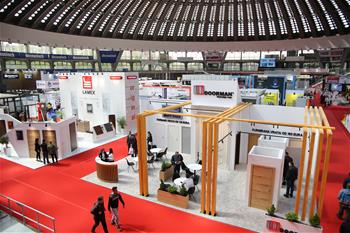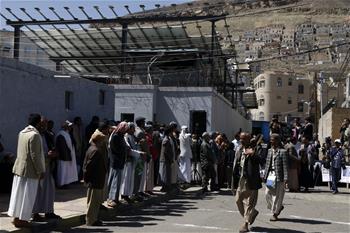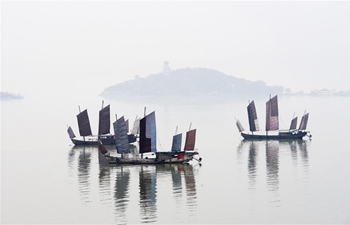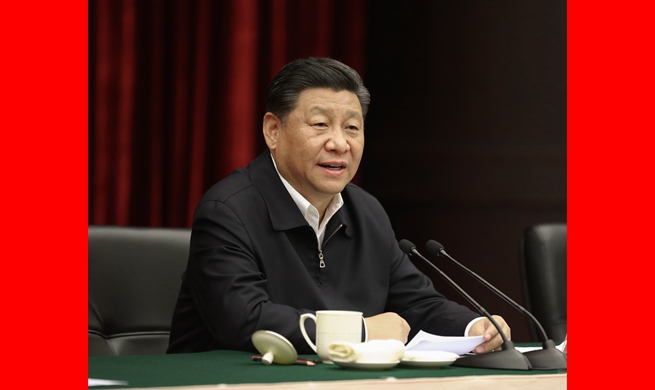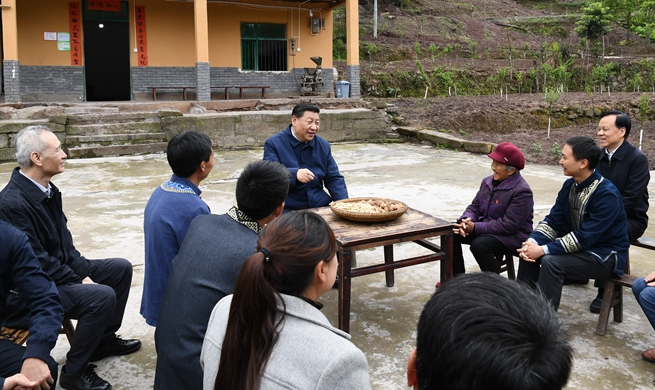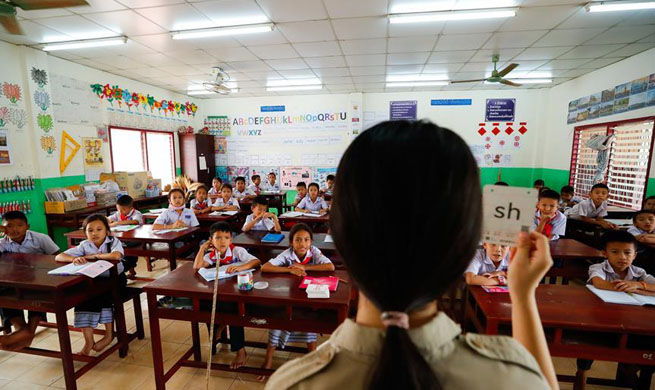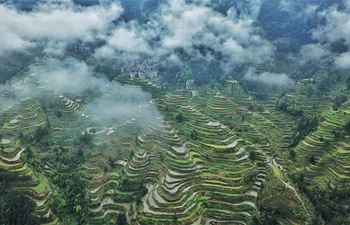by Chevige Gonzalez Marco
CARACAS, April 18 (Xinhua) -- U.S.-led economic sanctions against Venezuela are damaging the country's potable water system, Venezuelan engineer Alejandro Hitcher warned on Wednesday.
Hitcher, who served as environment minister between 2010 and 2012, said the sanctions block access to imported parts and equipment needed to maintain the network.
"They have been progressively undermining the water production and distribution system in Venezuela since 2014," when the financial and economic warfare against the South American country first began, Hitcher told Xinhua.
Up to 2013, the water network was "stable" in delivering water "to the great majority of the Venezuelan people," Hitcher said.
Recent nationwide blackouts that led to water shortages in parts of the country have spotlighted the shortcomings in the system that supplies drinking water, he said.
Some 90 percent of Venezuelan cities receive water through a pumping system "that was paralyzed when electricity service went out," said Hitcher.
The situation is especially "critical" in the capital Caracas, home to 25 million residents.
Caracas "needs 24,000 liters of water per second for its greater metropolitan area." Up to 23,500 liters are pumped into Caracas and "just 500 liters per second are supplied by sources transported by gravity," he explained.
Most of the country's major cities are in the same situation, heavily reliant on the electricity system to supply water.
The government blamed the blackouts on sabotage by far-right opponents of the ruling socialist party, mainly via attacks on the central Guri hydroelectric plant.
To strengthen the water supply system and make it less vulnerable to disruption, Venezuela should pursue thermoelectric energy, Hitcher recommended.
"So if they attack the hydroelectric system ... the thermoelectric plants go into operation, which would in turn activate the water pumping systems," said Hitcher.




